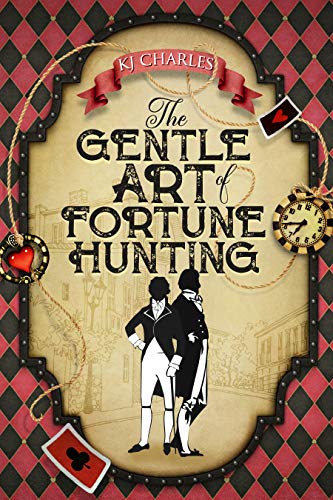Sometimes, hidden deep within the trap of ‘They’re not like us’ was the terror of ‘What if they’re just like us, but stronger?’ Sometimes the fear came because you were scared of looking into the eye of the monster and seeing your own reflection. [loc. 365]
Thirty years after the events of Dogs of War, Mars is in the process of being colonised, and the people doing the work, the builders and maintenance crews and so on, are modified humans. (Of course these modifications will be reversed, once the work is done. Of course they will.) Jimmy is one of these Martians: he's a drug addict (just think of the Seasonal Affective Disorder that far from the sun), and funds his habit by renting out surplus headspace for illicit data storage. Which is all very well until his latest data starts talking to him. It claims -- she claims -- to be a bear named Honey: and she is keen to make contact with the Distributed Entity known as Bees, who has cut ties with humanity after her attempts to save Earth's biosphere were rejected.
There's a lot to unpack in this novel: environmental crises, on Earth and on Mars; the growing fear of Distributed, rather than Artifical, Intelligence; the abuses of powerful men, including the corrupt Warner Thompson who relies on the absolute discretion of his PA Carole. Carole is unquestioningly loyal, because she was programmed that way -- like the Bioforms, modified and 'improved' from animal stock, who willingly accept Collaring, because obedience is better than having guilt or doubt. Though Carole did not consent.
The philosophical core of Bear Head is whether those who do have power and free will can make moral choices on behalf of everyone else. Honey may be a political activist and a campaigner for the rights of the poor and disenfranchised, but does that qualify her to make decisions for Jimmy, in whose head she's living? Yes, his drug withdrawal is inconvenient, but doesn't he get a choice about his addiction?
Bear Head does a good job of showing the political as personal: it has a cyberpunk vibe, and a very contemporary ambience despite its future setting. Perhaps one day readers will feel that Thompson, with his narcissism and his perception of social and political choices as simple win/lose scenarios, is an unrealistic character. Sadly, it's too soon not to draw real-world comparisons.














